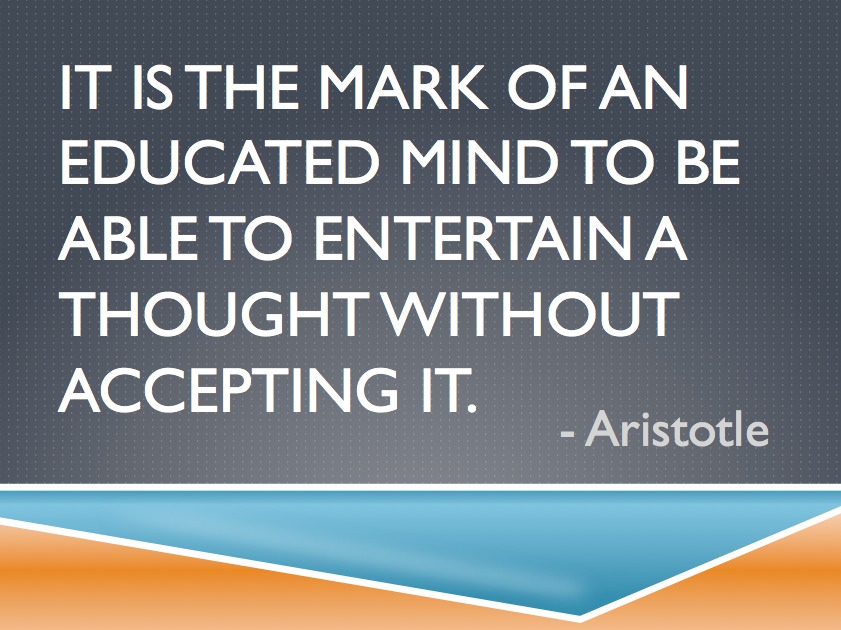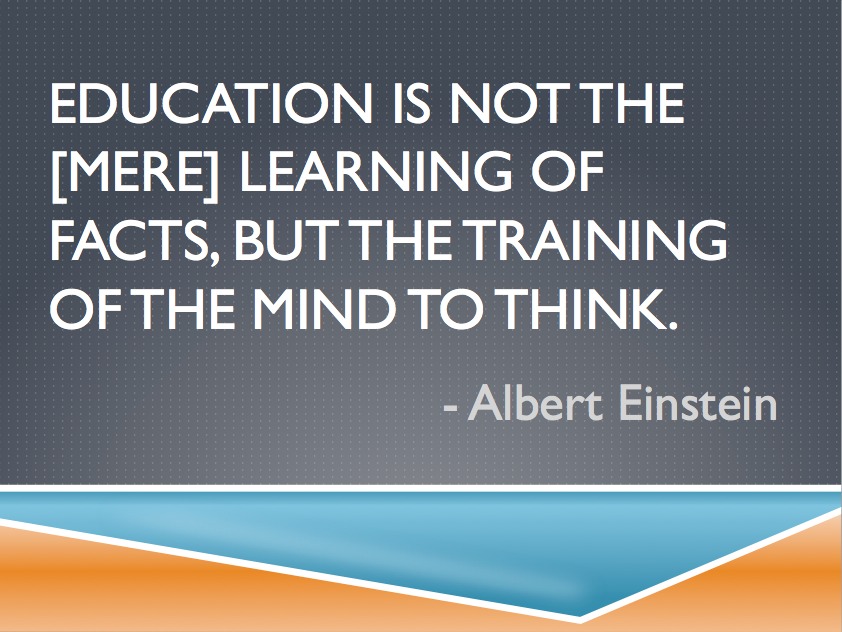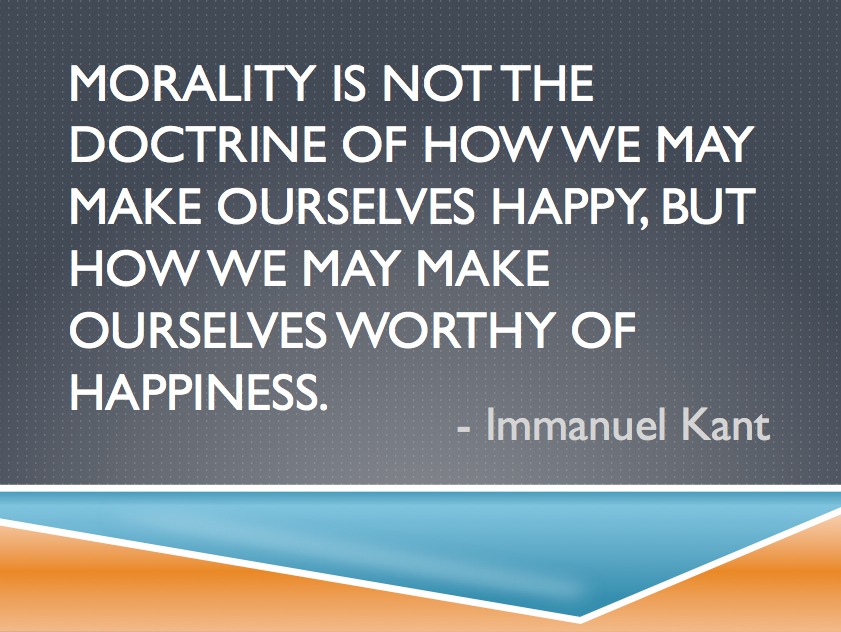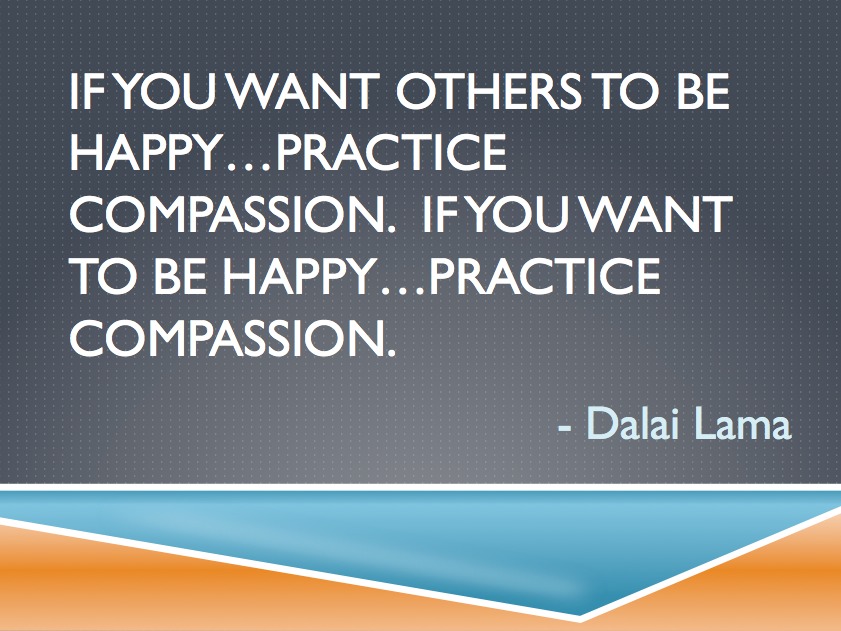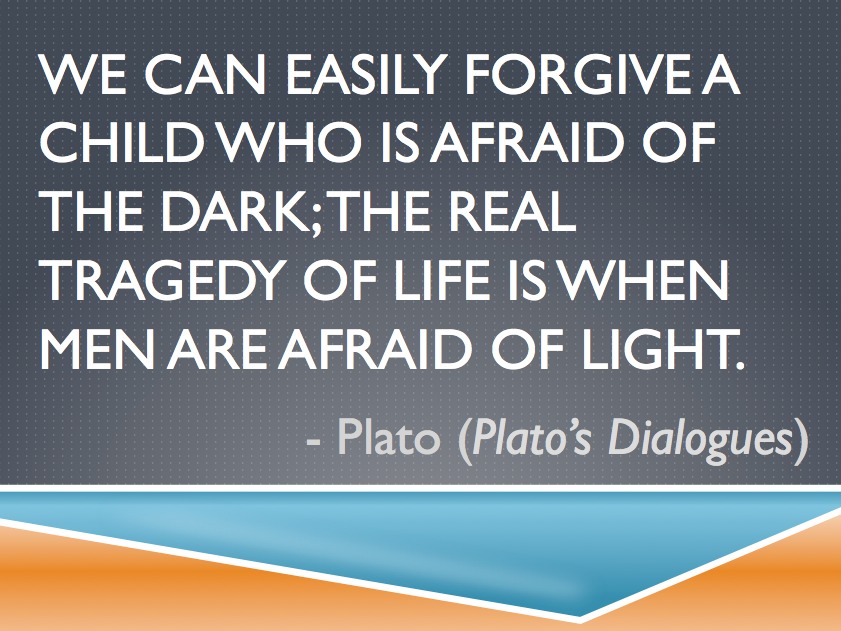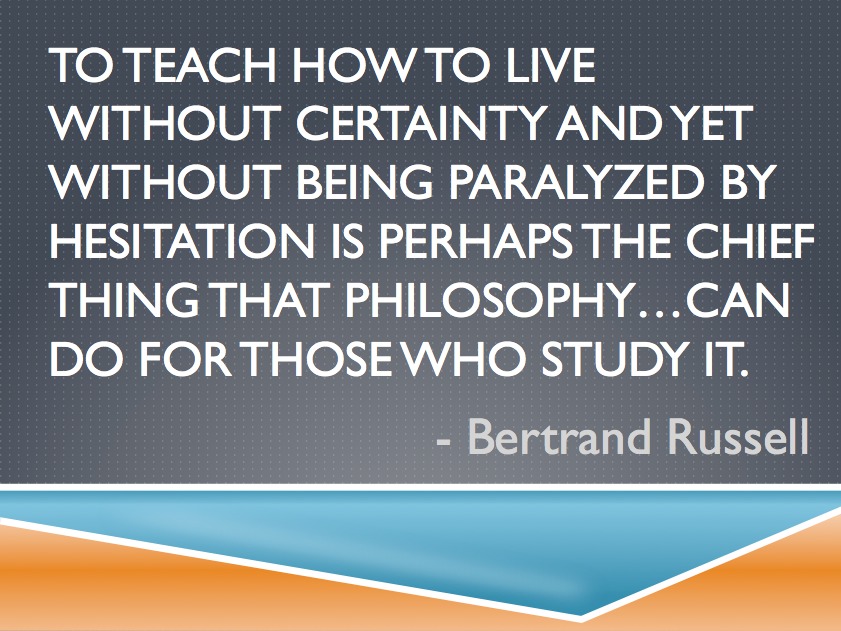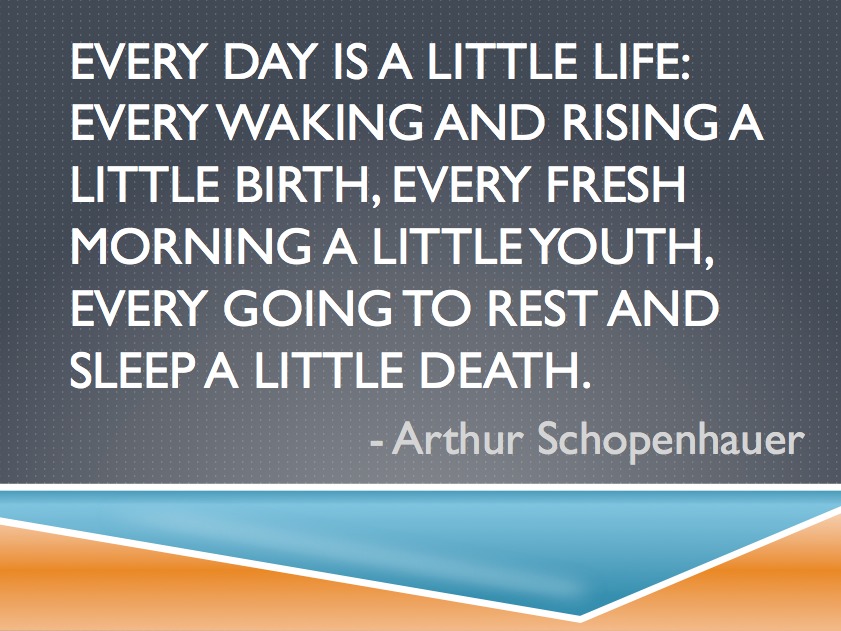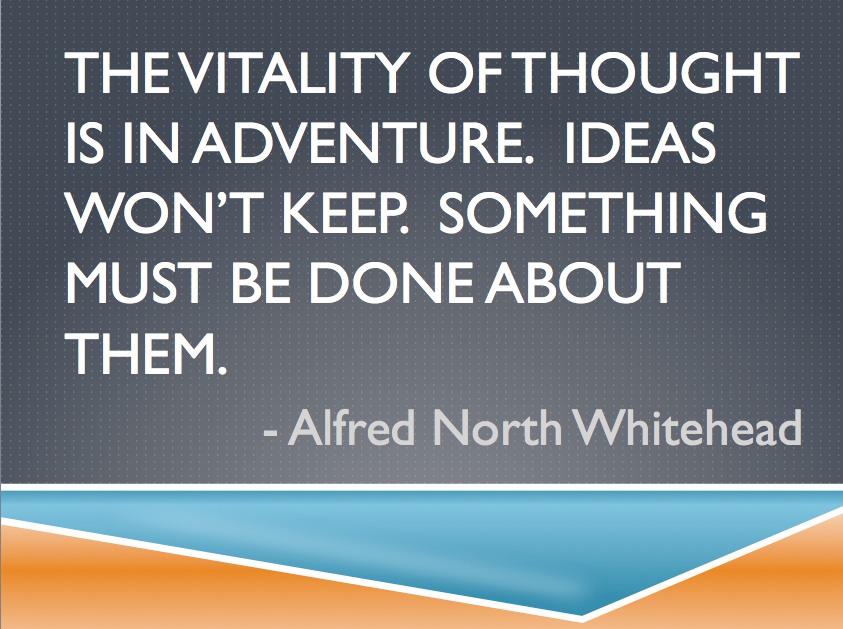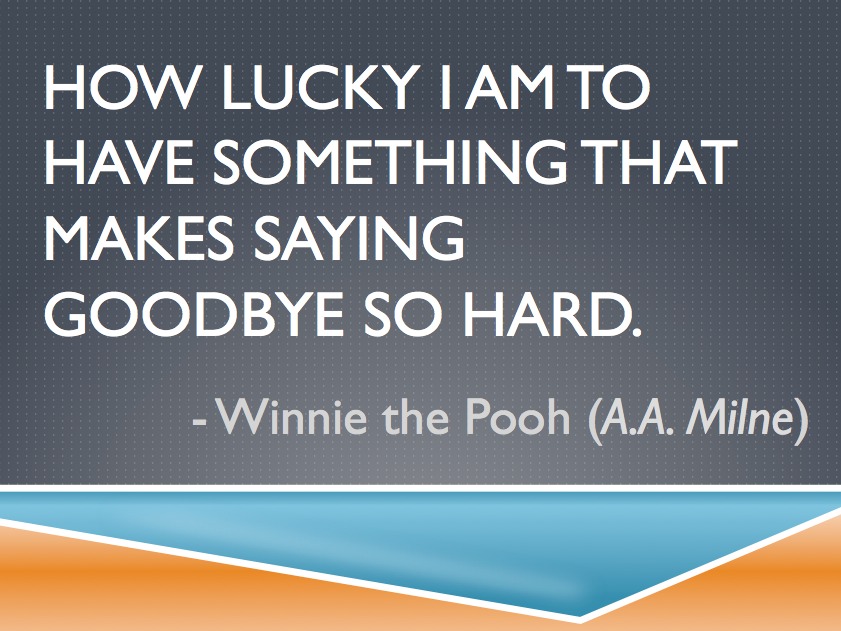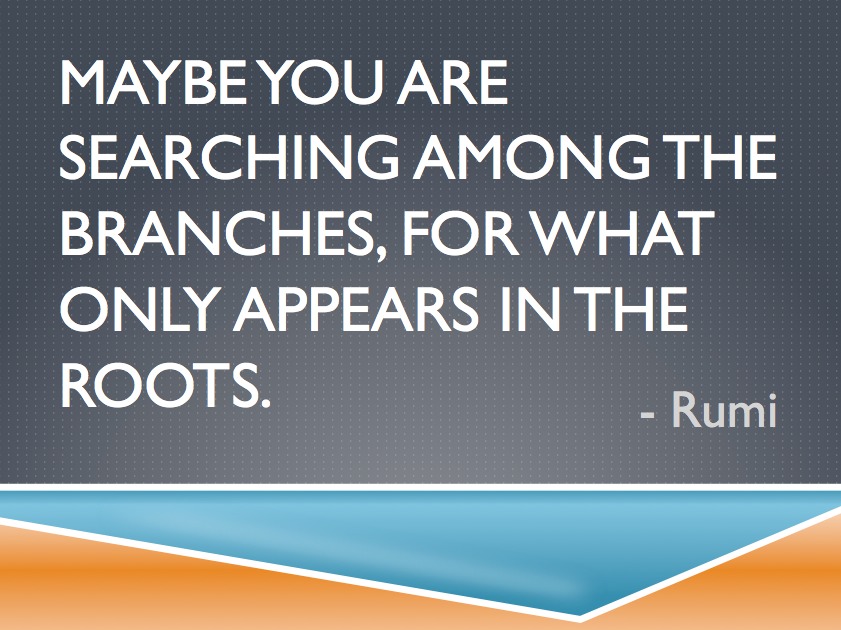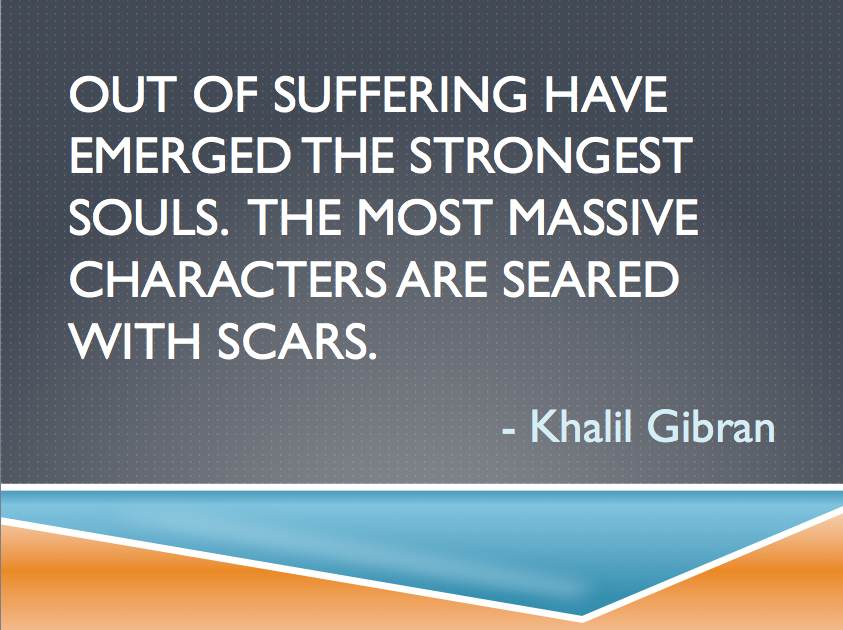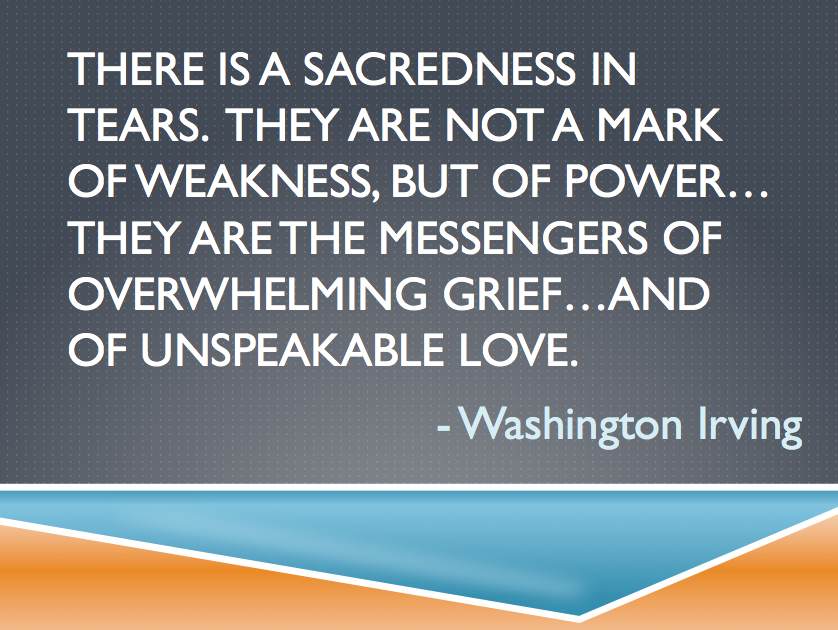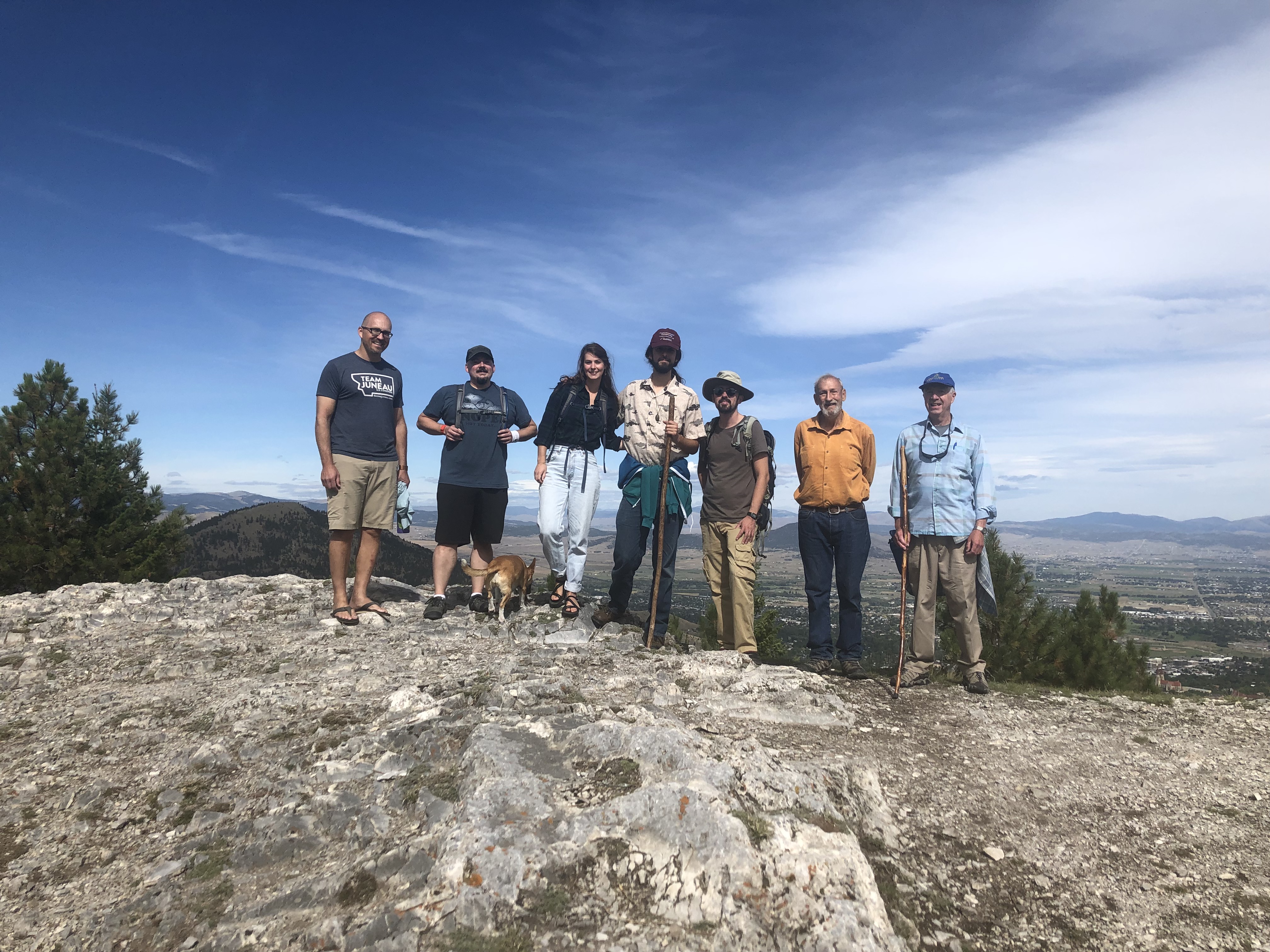
We had a delightful time on our September Philosophy Walk. Our group of 9 — technically, 10 counting our furry four-legged companion named Bella (and Beast) — enjoyed a splendid hike on Mount Ascension. Led by David Nowakowski, our group enjoyed a delightful conversation about the principles of ecology…and what sorts of things it might be able to teach us about how to flourish and thrive.
In the world of the ancient Greeks, this flourishing was synonymous with “virtue” — i.e., excellence, a paradigm, an example or model to aspire to. What would it mean for us to look for this kind of model, using the tools of modern ecology? In order to try and answer this, we explored five basic ecological principles — whole systems, resource flows, dynamic balance, limits, and evolutionary processes — and then asked several questions, including:
-
How do the patterns of nature provide a guide for living?
-
How can an ecological perspective help us to focus and direct our lives—not only as we engage with plants and other animals, wild places, or “the environment,” but especially in our human relationships, and in cultivating ourselves?
-
How can the tools of ecology help us to understand ourselves, and to live a virtuous (excellent, flourishing) life?
-
What does it mean to think about human life, and about virtue, as an ecologist would?
-
And more…
Audio
Whole Systems (David Nowakowski)
Resource Flows (David Nowakowski)
Dynamic Balance (David Nowakowski)
Limits & Evolutionary Processes (David Nowakowski)
Other Resources
-
-
One of our frequent touchstones was Aldo Leopold, A Sand County Almanac. Leopold’s book has been reprinted many times in many different editions. One version is available from Lewis & Clark Library.
-
In Parts I & II, Leopold writes mostly as an ecologist, observing his local ecology (Part I) and the ecology of other parts of North America (Part II). Building on these observations, Leopold really puts on his philosopher’s hat in the essays of Part III, where he steps back to reflect on the larger ethical and social implications. The entire book is beautifully written, and well worth reading and savoring!
-
The discussion of the “A–B Cleavage” comes within Part III, in the final chapter, “The Land Ethic.” While the term occurs near the end of the chapter, the entire chapter is setting up this distinction.
-
The section on “Thinking Like a Mountain” (and the dramatic change of perspective this entails) is near the middle of Part II, in the chapter “Arizona and New Mexico.”
-
-
Another discussion of some closely related ecological principles (plus a few additional ones) is John Michael Greer, Mystery Teachings from the Living Earth: An Introduction to Spiritual Ecology (Weiser Books, 2012), which was one of the major inspirations for the walk. As the subtitle indicates, Greer’s perspective focuses more on spirituality rather than ethics, but is an excellent complement to our discussion.
-
Pictures





























About Our Walk Guide
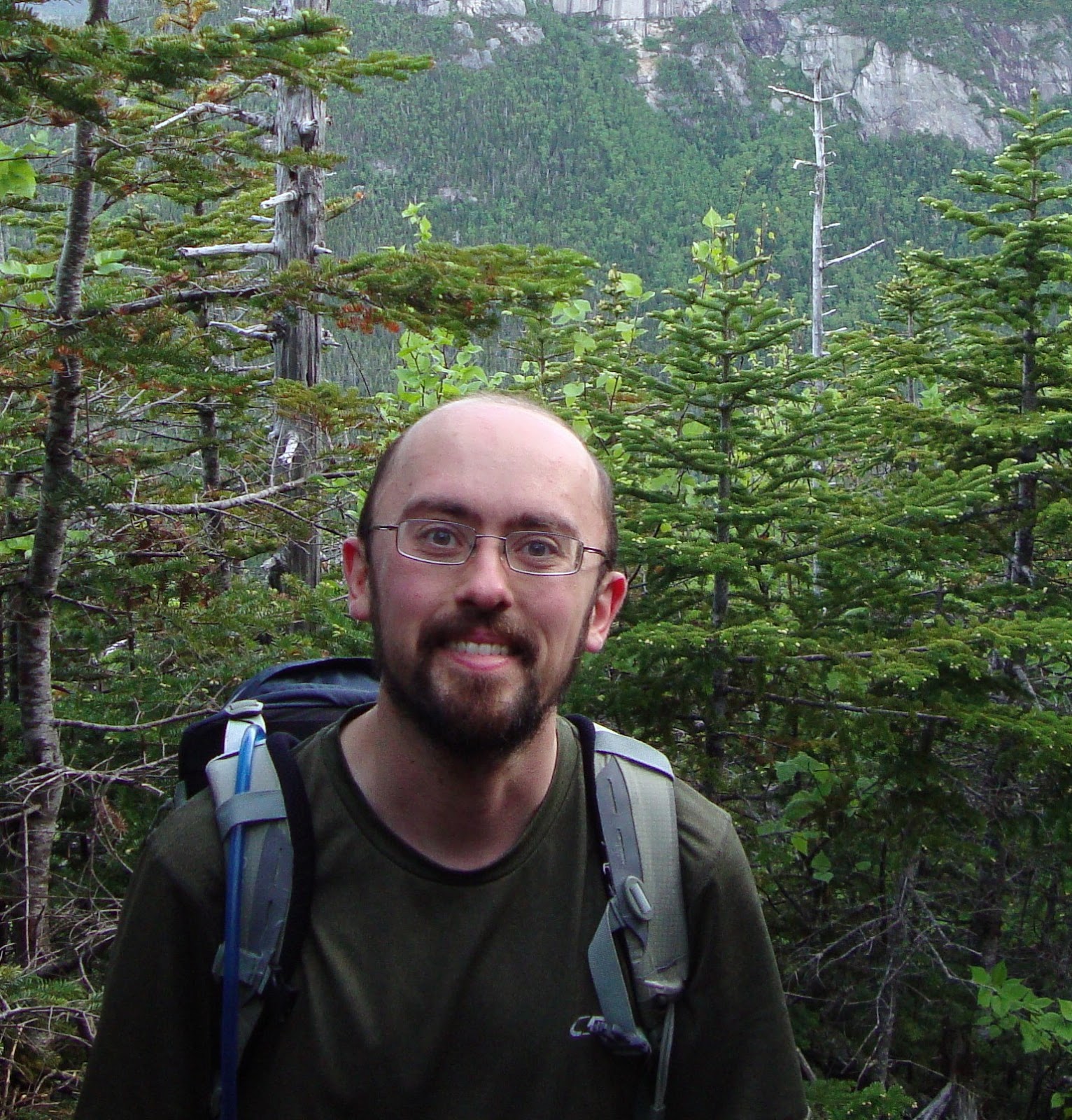
A lover of philosophy and the great outdoors, David began studying ancient philosophies and classical languages in 2001, and has continued ever since.
Read More About David...
A scholar of the philosophical traditions of the ancient Mediterranean (Greece, Rome, and North Africa) and of the Indian subcontinent, reading Sanskrit, Latin, and classical Greek, he earned his Ph.D. in philosophy from Princeton University in 2014. His work has appeared in a variety of scholarly journals, including Philosophy East & West, Asian Philosophy, and the Journal of Indian Philosophy; as well as in presentations to academic audiences at Harvard, Columbia University, the University of Toronto, Yale-NUS College in Singapore, and elsewhere.
After half a decade teaching at liberal arts colleges in the northeast, David chose to leave the academy in order to focus his energies on the transformative value of these ancient philosophical and spiritual traditions in his own life and practice, and on building new systems of education and community learning that will make this rich heritage alive and available to people of all ages and backgrounds.
A hermit by nature and by committed choice, he balances contemplative solitude with his active work in teaching, counseling, and the healing arts. David serves as a Philosophical Advisor and Senior Mentor for Scholars in the Merlin Fellowship Program.
Thank You’s


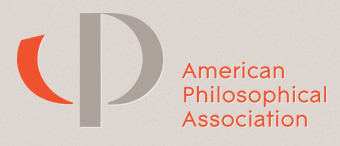

Thank you to P.L.A.T.O. (Philosophy Learning and Teaching Organization), Montana Internet, BWP Helena Great Northern Hotel, and the American Philosophical Association for helping support our philosophy in the community programs and making events like this possible! Thank you to our philosophy walk guide David Nowakowski.








